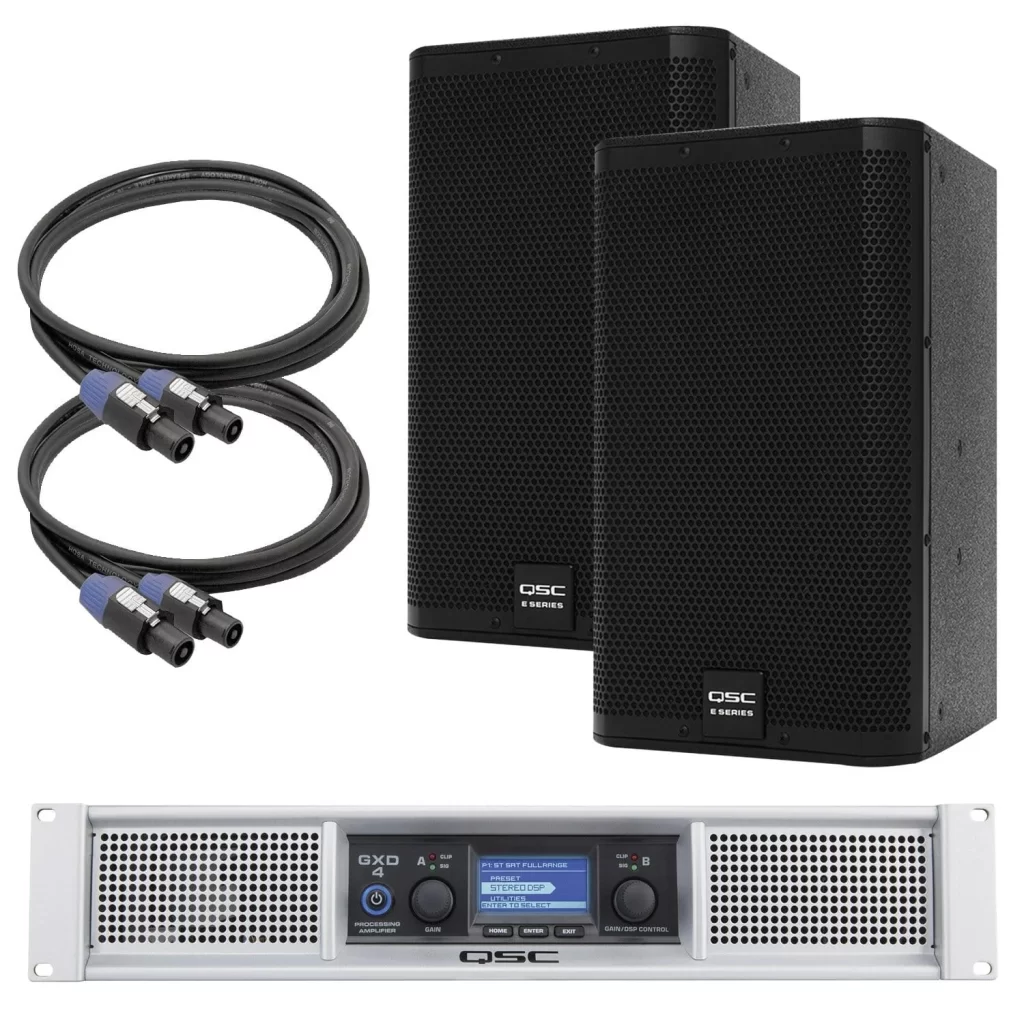Speaker Wattage Vs Amp Wattage
Speaker Wattage vs. Amp Wattage: What You Need to Know
Not all speaker systems are powerful enough to deliver the sound quality you want. To boost performance—especially bass and beats—you may need an external amplifier. But how do you choose the right amplifier? Should the amp wattage match the speaker wattage, or should it be higher?
This guide will explain what speaker wattage and amp wattage mean, how they relate, and how to choose the best amplifier for your speakers.
What Do Speaker Wattage and Amp Wattage Mean?
Speaker Wattage:
This refers to how much power a speaker can handle without distorting the sound.Amp Wattage:
This refers to how much power an amplifier can deliver to the speaker.
Should Speaker Wattage Be Higher Than Amp Wattage?
- Ideally, the speaker wattage should be higher than the amp wattage.
- A general rule: Speaker wattage should be twice the amp wattage for safe and clear performance.
- A higher amp wattage can improve bass and sound quality, but matching the two is crucial to avoid distortion or damage.
Important Specifications to Consider
To match speakers and amplifiers, you need to understand three key specifications:
1. Power Rating
- Speakers: The power rating indicates how much power a speaker can handle.
- Two types: RMS Power (continuous power) and Peak Power (maximum power for short bursts).
- Amplifiers: The power rating shows how much power the amp can output.
Tip: Ensure the amplifier’s power output matches or is slightly lower than the speaker’s power rating.
2. Impedance
- Impedance measures the resistance to electrical current flow, shown in ohms (Ω).
- Common speaker impedances: 4Ω, 6Ω, 8Ω.
- Lower impedance = harder to drive (requires more current).
Tip: The amp’s impedance range (e.g., 4Ω–8Ω) must match the speaker’s impedance.
3. Sensitivity
- Sensitivity shows how loud a speaker can get with a specific power input, measured in decibels (dB).
- Higher sensitivity = louder sound with less power.
- Rule: For every 1-meter increase in distance, sensitivity decreases by 6 dB.
Tip: Match a low-sensitivity speaker with a more powerful amp to achieve desired volume levels.
How to Match an Amplifier to Your Speakers
Check your speaker’s specifications, such as:
- Impedance: e.g., 4Ω.
- Sensitivity: e.g., 92 dB.
- Power Rating: e.g., 20–300W.
Example:
- For a speaker with 4Ω impedance, 92 dB sensitivity, and 20–300W power, choose an amplifier:
- Compatible Impedance: 4Ω.
- Power Output: At least 150W (to match the upper range of the speaker).
Other Factors to Consider
1. Room Size
- A large room needs a more powerful amp and speakers to fill the space with sound.
- A small room can work well with less powerful equipment.
2. Purpose
- For private listening: Lower wattage amps and speakers are sufficient.
- For parties or large gatherings: Choose powerful speakers and amps for louder sound.
What NOT to Do When Matching Speakers and Amps
1. Impedance Mismatch
- Avoid pairing low-impedance speakers (e.g., 4Ω) with high-impedance amps.
- Low-impedance speakers demand more power, which high-impedance amps can’t deliver.
2. Extreme Wattage Differences
- Don’t pair a high-wattage amp with low-wattage speakers.
- This can overheat and damage the speakers.
3. Wattage & Sensitivity Mismatch
- Avoid pairing low-sensitivity, high-wattage speakers with low-wattage amps.
- The amp will struggle to drive the speaker, leading to sound clipping.
Simplified Solution: Active Speakers
If matching specifications feels complicated, consider active (powered) speakers.
- These have built-in amplifiers, so you don’t need an external amp.
- The manufacturer ensures the speaker and amp are perfectly matched.
Conclusion: What Is the Best Setup?
- For a balanced setup: Speaker wattage should be slightly higher than amp wattage.
- Ensure the impedance and sensitivity match for optimal performance.
- For loud and high-quality sound, choose powerful speakers and amplifiers with compatible specifications.







